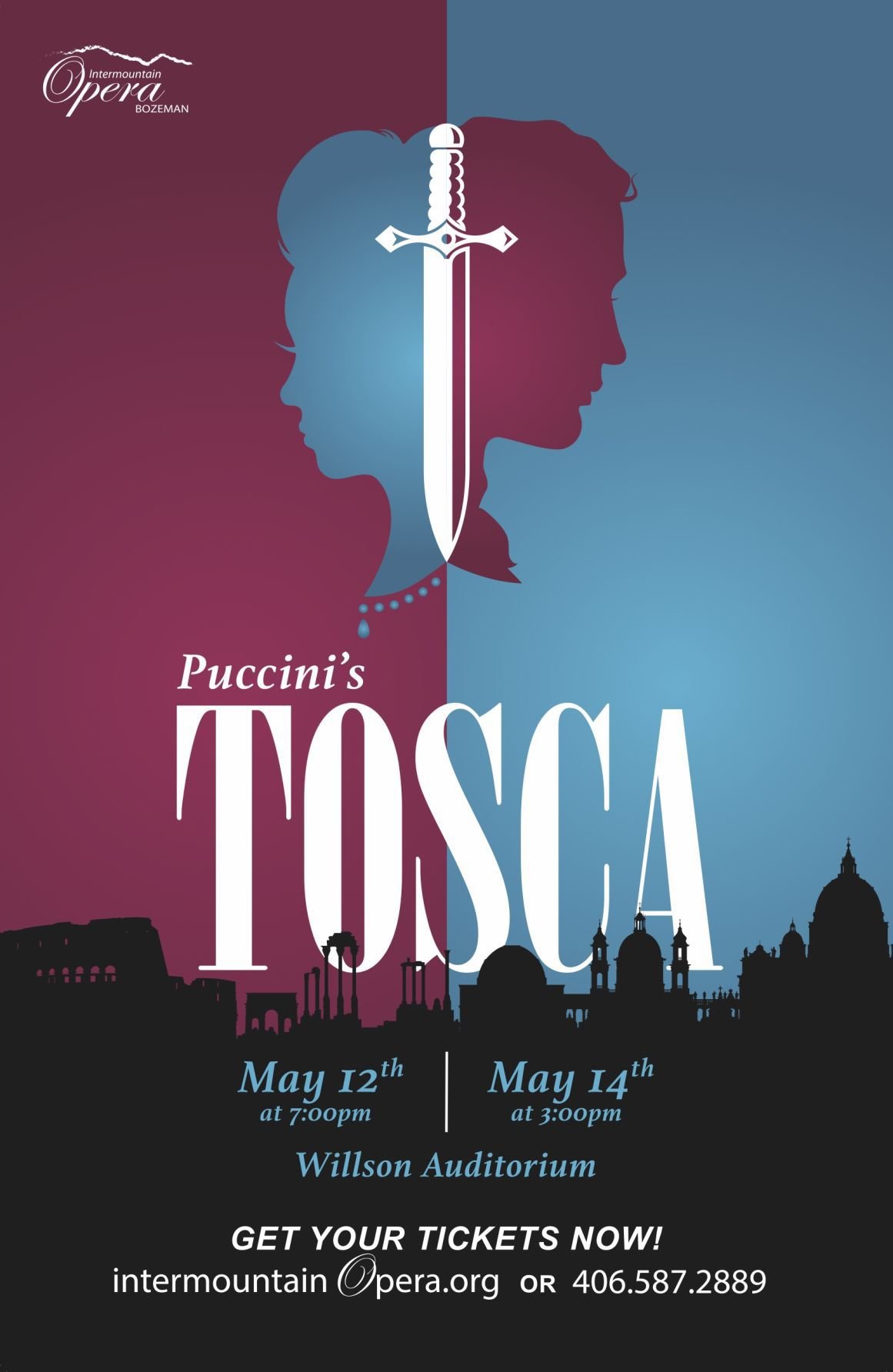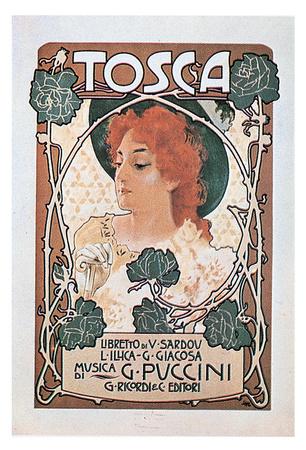

Judging from Friday night's performance of the opera, these are the two great assets of this production. It should have been no surprise to me that a group of tenth-grade boys would identify so much with Puccini's great villain. When I took my students to see the dress rehearsal of Tosca (see post on May 5), they all were very impressed with two of the singers in particular, tenor Salvatore Licitra as Mario Cavaradossi (whom we had the extraordinary good luck to meet afterward), whose vocal power stunned them (we were sitting in the upper tier), and Juan Pons as Scarpia. With a great register, ringing low notes, ample power and security and burnish in the high notes, I have heard no live performance of Italian opera (not all that many, admittedly) in which there was a more pleasing (as opposed to 'pleasant-sounding') tenor.Īdditional Comments by Charles T. Licitra's voice, if not his character (Licitra did as much as he reasonably could with Mario), was splendid, too.

Unfortunately, he got killed in the second act. His voice befitted all these qualities - large and with heft and character. Not for a second did Pons stoop to the latter. and yet contained that all-important, if faint, subtleness that makes the difference between Scarpia being one of the most grateful characters in opera or a mere cartoon. Pons was all narcissistic enjoyment of his own position of power, his wickedness. From Valeriano Lanchas' Sagristano to Philip Skinner's Angelotti to Salvatore Licitra's Mario Cavaradossi to the most fabulous of them all: Juan Pons' deliciously evil, magnificent Scarpia.

Who needs women for Tosca, anyway? It's the boys who made the night, because 'the boys' were awesome.


 0 kommentar(er)
0 kommentar(er)
